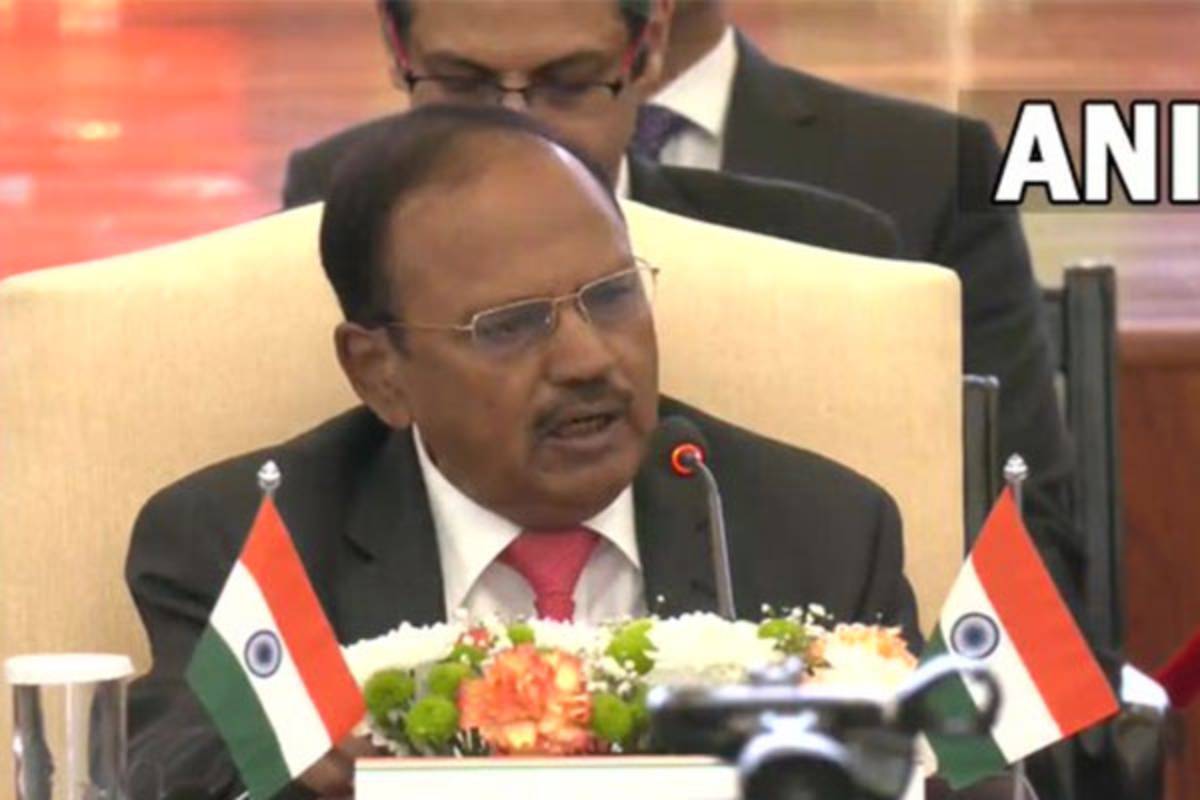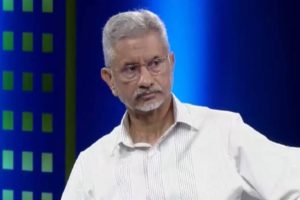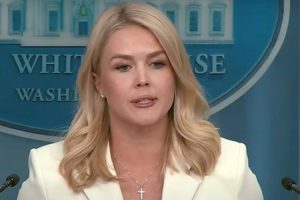National Security Advisor Ajit Doval will likely visit China soon for Special Representative talks, according to sources.
NSA Doval’s likely visit to China comes after New Delhi and Beijing in October reached an agreement regarding patrolling arrangements along the Line of Actual Control (LAC) in the India-China border areas.
The border standoff between India and China began in eastern Ladakh along the LAC in 2020, and was sparked by Chinese military actions. It led to prolonged tensions between the two nations, significantly straining their relations.
Earlier in 2020, the Special Representatives of India and China on the Boundary Question, Ajit Doval and Wang Yi, State Councillor and Minister of Foreign Affairs of China held a telephonic conversation, according to Ministry of External Affairs (MEA). The two Special Representatives had a “frank and in-depth exchange of views” on the recent developments in the Western Sector of the India-China border areas.
The 22nd meeting of the Special Representatives of India and China was held in New Delhi on December 21, 2019. The Indian side was led by NSA Ajit Doval while Wang Yi led the Chinese delegation, according to the Ministry of External Affairs (MEA)
On December 3, External Affairs Minister S Jaishankar said that India remains “committed to engaging with China through bilateral discussions to arrive at a fair, resonable and mutually acceptable framework for a boundary settlement.”
He said that in his recent meeting with Chinese Foreign minister Wang Yi, an understanding was reached that the Special Representatives and the Foreign Secretary level mechanisms will be convening soon.
Briefing the Lok Sabha on India-China ties as well as disengagement at the Line of Actual Control (LAC), Jaishakar said that bilateral ties between the two countries have been “abnormal” since 2020 when “peace and tranquillity in the border areas were disturbed as a result of Chinese actions.”
“Recent developments that reflect our continuous diplomatic engagement since then have set our ties in the direction of some improvement,” he said.
In his speech in Lok Sabha, he shared with members of the expectation regarding direction of ties with China in the near future.
“Our relationship had progressed in many domains, but was obviously negatively affected by recent events. We are clear that the maintenance of peace and tranquility in border areas is a pre-requisite for the development of our ties. In the coming days, we will be discussing both de-escalation as well as effective management of our activities in the border areas,” Jaishankar said.
The External Affairs Minister said that “the conclusion of the disengagement phase now allows us to consider other aspects of our bilateral engagement in a calibrated manner, keeping our national security interests first and foremost.”
Jaishankar said, “The immediate priority was to ensure disengagement from friction points so that there would be no further untoward incidents or clashes. This has been fully achieved. The next priority will be to consider de-escalation, that would address the massing of troops along the LAC with associated accompaniments.”
He also recalled the 2020 face-offs between Indian and Chinese forces along the Line of Actual Control (LAC) in eastern Ladakh.
Earlier in November, Defence Minister Rajnath Singh met his counterpart Admiral Dong Jun in Laos, where he emphasised that India-China needs to move from disengagement to de-escalation to further build trust and confidence.
This was the first meeting of Defence Ministers following the recent disengagement agreements and the meeting of Prime Minister Shri Narendra Modi and Chinese President Xi Jinping on the sidelines of the BRICS Summit in Russia’s Kazan.





